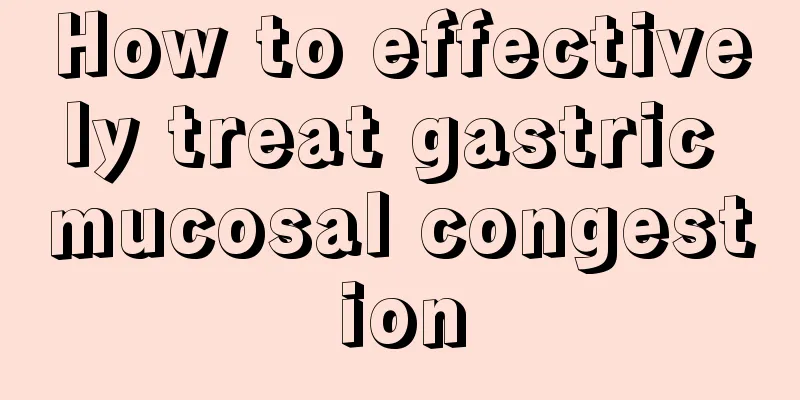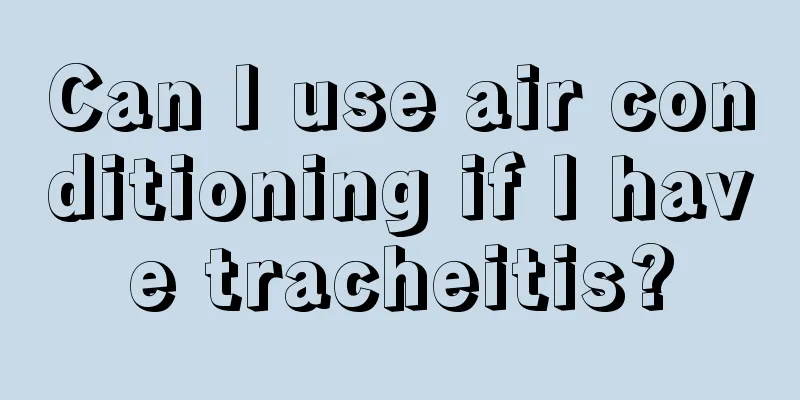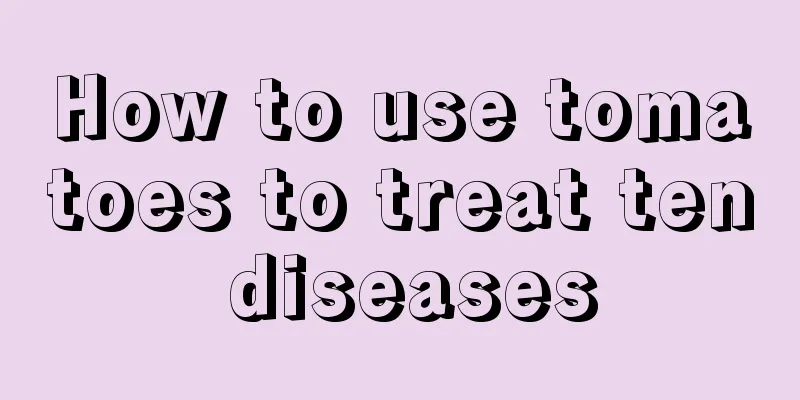Blood clot after tooth extraction

|
Teeth, like other organs in our body, require daily careful care, otherwise various dental health problems will arise, such as long-term tooth decay leading to tooth extraction. Many people have experienced tooth extraction. Generally, there will be blood clots after tooth extraction. You must pay attention to protecting the blood clots to prevent them from falling off prematurely. Do not touch the blood clots when brushing your teeth, and do not lick the blood clots with your tongue. You can rinse your mouth with hydrogen peroxide every day to prevent wound infection. 1. How long does it take for a blood clot to form after tooth extraction? How long does it usually take for blood to clot after tooth extraction? In fact, it only takes a short time for a blood clot to form, but you need to be careful to protect it. After the dentist pulls out a tooth with pliers, the local wound will bleed. After inserting a cotton ball, the doctor will ask the patient to bite it to apply pressure to stop the bleeding. The blood will coagulate after more than ten minutes to form a blood clot. After a few hours, the gum tissue will shrink and promote hemostasis. You can eat after a tooth is extracted, but not immediately. You cannot eat immediately after tooth extraction, nor can you use your hands to remove blood clots, and do not lick the wound with your tongue. 2. Why should we pay attention to protecting blood clots? The reason is obvious. It has a huge effect. First, it can cover the wound and promote hemostasis, then seal the extraction socket to avoid infection, and promote wound healing. If the blood clot is accidentally knocked off, bacteria will enter the extraction socket and cause infection, leading to symptoms such as bad breath and headache, which requires timely treatment. Under normal circumstances, the blood clot will not fall off, but will slowly organize to form granulation tissue and fill the wound surface. We also need to pay attention to what we eat, and we must not just ignore it. You can eat liquid food two hours after tooth extraction, and mainly eat liquid food for the first three days. The purpose is to facilitate swallowing and avoid destroying the blood clot in the alveolar socket. Do not eat overly hot or spicy food. You can eat cool food. Putting ice cubes or cold drinks in your mouth may help stop bleeding. 3. What to do if the blood clot falls off naturally The blood clot that appears after tooth extraction is the body's self-protection measure to prevent blood from continuing to flow out. Under normal circumstances, when the body itself, that is, the wound, no longer bleeds, the previously coagulated blood clot will naturally fall off. Guidance: Now that there is no bleeding or pain, it means that the disease has healed and no additional treatment is needed. If you are concerned, you can go and have a look. If the blood clot does not fall off naturally after tooth extraction, the alveolar socket will not be protected, which can easily cause dry socket and infection. In this case, you need to go to the hospital to treat the tooth extraction wound, otherwise dry socket may form after two or three days, causing pain and infection of the extraction socket. |
>>: Why is there blood when I pick my nose?
Recommend
What to do if blisters on tongue hurt?
There is a lot of tongue coating on the tongue, a...
Let me give you a detailed introduction to the treatment of melanoma
Experts remind that early detection and early tre...
Thyroid nodule 3 poles
Thyroid nodules are a symptom of thyroid disease....
Does double eyelid surgery hurt?
In this age of beauty, everyone wants to have a p...
Alkali neutrophils are high, here are some things to know
Alkaliphils are also one of the cells that people...
What should a pregnant woman do if she has melanoma
The high-risk group for melanoma is the elderly, ...
What is the difference between obstructive pneumonia and lung cancer?
What is the difference between obstructive pneumo...
What to do if you are always suspicious
Suspicion is a relatively common psychological pr...
7 small things to change your "longevity gene"
If I tell you that we can optimize longevity gene...
What are the effects of taking nitric oxide capsules?
Medicines are the basic substances for treating d...
What should be paid attention to in the dietary care of patients with hyperthyroidism
The number of patients with hyperthyroidism is ve...
What are the symptoms of glioma
There may be many friends who have not heard of t...
Can I shave the hair on my forehead?
Some people are born with a lot of sweat hair, wh...
Is there an itchy red spot on your face that feels like a scab?
If a red spot appears on your face that is itchy ...
The body reflected by sweating
We all know that the temperature in a steam room ...









